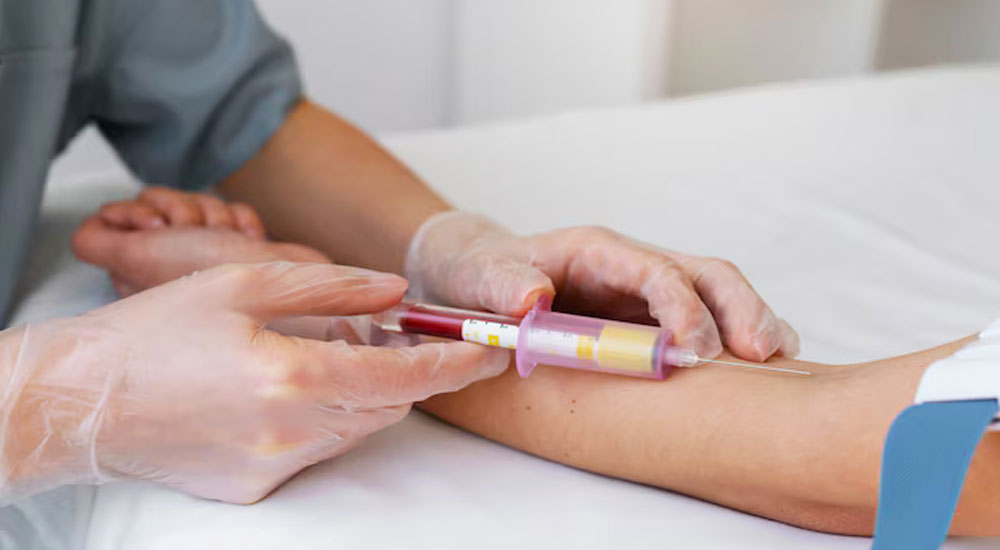
Diagnostic tests help us get our hidden diseases detected so that we can take necessary actions at the right time. As we all know, a huge number of tests demand blood samples for examination purposes. However, the blood drawing process is not pleasant for many of us as it causes a little pain and discomfort. It’s also natural to experience anxiety when the blood sample is being collected.
Overcoming the fear is compulsory because we all are going to need blood tests at some points of our lives that will contribute to our wellbeing. A huge number of people who are suffering from needle-phobia or trypanophobia may experience significant anxiety at the time when the medical professional fetches the blood from the vein before the test.
What is the fear of needles?
Trypanophobia, or the disorder of extreme fear of needles, is a serious mental condition which may lead to anxiety. It usually develops from any traumatic blood-fetching experience in childhood or the memories of observing someone else reacting excessively painfully when the needle is inserted. Apart from that, a lot of people are naturally sensitive to needles, which may trigger vasovagal reactions during their exposure to needles, which may cause a sudden drop in blood pressure.
In this article, we will help you find ways to manage the anxiety so that you can feel empowered and stay completely normal during the blood collection process.
5 essential tips to manage anxiety and pain during a blood draw
Apart from all these, you can also request the phlebotomist to apply some topical anesthetic cream on that particular area from where the blood is supposed to be fetched. It usually helps to minimize the pain a bit. Nowadays, such creams are available over-the-counter almost everywhere. Last but not least, try not to intake alcohol or caffeine on the day of blood sample collection as those may dehydrate your body and make it hard for the phlebotomist to find the vein.